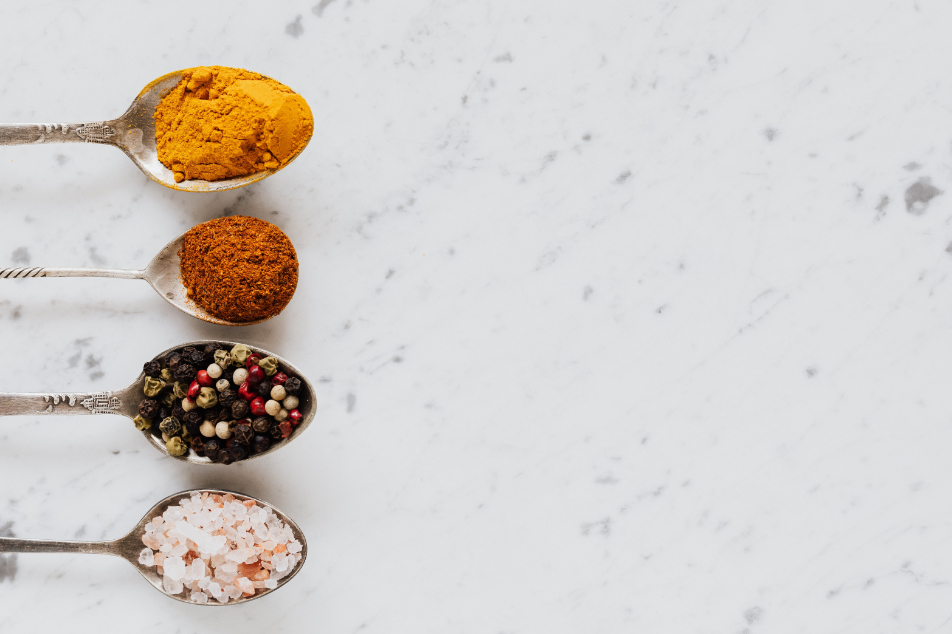
Kiwi: The Fruit That’s So Fuzzy, It’s a Bird of a Different Feather
The kiwifruit is named after the kiwi bird, which is also native to New Zealand.
The kiwifruit (Actinidia deliciosa), also called Chinese gooseberry, is a small, oval-shaped fruit with a fuzzy brown skin and bright green flesh. It is native to China and was introduced to New Zealand in the early 1900s. Kiwifruit is a good source of vitamin C, potassium, and fiber. It also contains other vitamins and minerals, such as vitamin K, folate, and vitamin E.
Kiwifruit can be eaten fresh, frozen, or canned. It can also be used in smoothies, salads, and desserts. Kiwifruit is a versatile fruit that can be enjoyed in a variety of ways.
Here are some of the health benefits of kiwifruit:
- Good source of vitamin C: Kiwifruit is a good source of vitamin C, which is an antioxidant that helps to protect the body against damage from free radicals. Vitamin C is also important for the immune system.
- High in potassium: Kiwifruit is high in potassium, which is an important mineral for regulating blood pressure.
- Good source of fiber: Kiwifruit is a good source of fiber, which can help to regulate digestion and prevent constipation.
- Other vitamins and minerals: Kiwifruit also contains other vitamins and minerals, such as vitamin K, folate, and vitamin E. Vitamin K is important for blood clotting. Folate is important for pregnant women. Vitamin E is an antioxidant that helps to protect the skin from damage.
Kiwifruit is a healthy and delicious fruit that can be enjoyed by people of all ages. It is a good source of nutrients and can help to boost the immune system, protect against chronic diseases, and promote heart health.
Benefits of eating kiwis
-
Digestion: Kiwi contains actinidain that helps in digestion of proteins.
-
Blood pressure: Rich in potassium and hence lowers blood pressure.
-
Fights free radicals: unique combination of anti-oxidants fights oxidative cell damage.
-
Boost immunity: Rich in vitamin C that boosts immunity.
-
Helps weight loss: Low glycemic index and hence helps in weight loss.
-
Removing toxins: Kiwi is rich in fiber that helps in removing toxins.
-
Heart health: Reduces blood clotting and hence good for heart.
-
Diabetics: Low glycemic index and hence good for diabetics.
-
Vision: Rich in anti-oxidants that fights age related macular degeneration.
-
Alkaline balance: Most alkaline in nature and hence provide healthy skin, good sleep and prevents cold, osteoporosis and arthritis.
-
Rich in vitamin E and hence good for skin. Source: http://www.care2.com/greenliving/14-healthy-reasons-to-eat-kiwi.html
Interactions of eating kiwis
-
Kiwi fruit can interact with anti-fungals
-
Kiwi fruit can interact with anti-coagulants.
-
Kiwi can interact with NSAIDs such as Ibuprofen and Naproxen.
-
Kiwi and selective serotonin reuptake inhibitors. can have a synergistic effect on serotonin.
-
Kiwi fruit can lower triglycerides in blood
-
Rich in anti-oxidants and hence can have an additive effect with other anti -oxidants.
-
Has anticoagulant effect. Hence can interact with herbs such as ginger, ginkgo- biloba, saw palmetto and many such with a similar effect.
-
Can interact with lutein supplements
-
Kiwi is rich in potassium and can have an effect on the amount of potassium in the body.
-
Kiwi can interact with drugs that can alter serotonin levels in the body. Source: http://www.healthline.com/natstandardcontent/kiwi#2
-
Kiwi can be allergic to people with latex allergy Source: http://www.webmd.com/vitamins-supplements/ingredientmono-944-KIWI.aspx?activeIngredientId=944&activeIngredientName=KIWI
-
Kiwi fruit can induce oral allergy syndrome. Source: http://www.zhion.com/herb/Kiwi.html
-
Kiwi can interact with CYP3A Source: http://www.medvik.cz/kramerius/document/ABA008_05604_MED00010977-2007-56.4_s.157-212.pdf?id=355183#page=9
-
Kiwi can cause cross allergic reactions with foods like avocado, banana, chest nuts, figs, melon, nuts and many others. Source: http://www.livingnaturally.com/ns/DisplayMonograph.asp?StoreID=15f522d98a3a417fbe8d6702f135785a&DocID=basic-interactions-kiwi
-
Kiwi contains high amount of oxalates and hence can cause kidney stones in susceptible individuals. Source: http://www.wellness.com/reference/food/kiwi-actinidia-deliciosa-actinidia-chinensis/dosing-and-safety
-
Kiwi can interact with hormonal therapies. Source: http://www.wellness.com/reference/food/kiwi-actinidia-deliciosa-actinidia-chinensis/dosing-and-safety
Health conditions to avoid kiwis
-
Kiwi should be avoided by people with latex allergy.
-
Kiwi should be avoided by people taking anti-coagulants
-
Kiwi should be used with caution by people on anti-diabetic medications
-
Kiwi should be avoided by people prone for kidney stones.
-
Kiwi should be taken with caution by people taking blood pressure lowering medications Source: http://www.wellness.com/reference/food/kiwi-actinidia-deliciosa-actinidia-chinensis/dosing-and-safety
Photo by Pixabay: https://www.pexels.com/photo/close-up-of-fruit-against-black-background-314834/
NOTE: The information on this website is for educational purposes only and is not intended to replace the advice of a qualified medical professional. If you have any questions or concerns about your health, please consult a doctor. We do not endorse any specific products or treatments, and we do not claim to cure or treat any medical conditions. The information on this website is based on our own research and experience, and we cannot guarantee its accuracy or completeness. View the full disclaimer here


